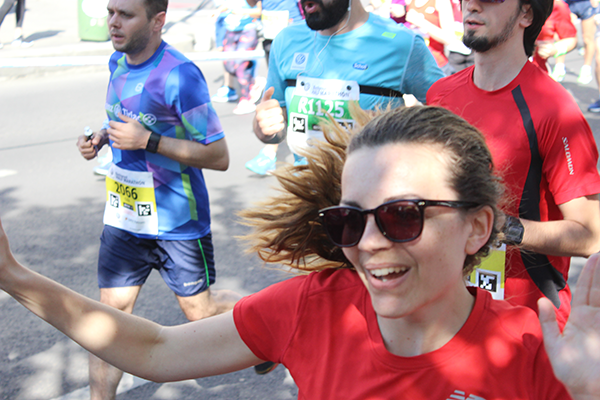Blog post by Carolin Oetzmann, Katie White & Nicol Bergou.
The PhD Journey can be a turbulent one – from finding the right program to navigating supervisor struggles, and all the madness in between! PhDeets is a podcast aimed at current and prospective PhD students to share experiences and help those trying to figure it out.
About the hosts
We are three researchers working and studying at King’s College London’s Institute of Psychiatry, Psychology and Neuroscience. Each of us are in a different stage of our PhD journey. Katie is in her second year of a part-time PhD, alongside a research assistant role. Nicol is in her first year of a 1+3 programme funded by the Medical Research Council. Carolin is due to start her MRC funded PhD in September 2021, after contemplating whether doing a PhD was the right next step for her.
All three of us are the first in our families to do a PhD and we struggled to make sense of the different PhD programmes, funding options, application processes, career pathways and other things that are difficult to figure out without having a friend or relative who can answer your questions along the way. There is information online, but we wanted to create a platform where diverse student voices could be heard. Being avid podcast listeners, we decided to start a podcast ourselves.
About PhDeets
PhDeets is the podcast we wish we had when we were applying for our PhDs. Its target audience is current PhD students at all stages, as well as people who are deciding whether or not to apply, or those currently going through the ups and downs of the application process. We interview current PhD students, postdocs, lecturers, professors, people who left academia during or after their PhDs, those who are recruiting people with PhDs into industry positions, career advisers and really anyone who has any useful insights into the academic journey.
Previous episodes
We use our experiences to inform the topics we cover, but we also reach out to people to ask what topics they’d like to hear about. Some of our previous episodes are:
- Neurodiversity at university – Panel discussion of neurodivergent researchers Claire, Katrina and Sheila about what being neurodivergent means to them, how it impacts their university life, what support they find helpful, diagnosis and labels, and more.
- Luke’s journey to becoming a lecturer – We interviewed Luke Devereux, a lecturer at Middlesex University about his journey from PhD to becoming a lecturer, changing topics between undergrad ad postgrad, getting teaching experience, and balancing teaching and research responsibilities.
- More than one way to do a PhD – Another panel discussion with PhD students Jaya, Shaheim, Victoria and Fiyory about the differences and similarities between their PhD programmes, including a partnership with the industry, self-funded PhD, 1+3 programmes, student versus supervisor driven applications, our reasons for doing a PhD, and applying for funding as an international student in the UK.
If you’d like to propose a topic for a future episode, or get in touch about anything to do with the podcast, you can message us on Twitter @PhDeets_podcast or you can email us at podcast@phdeets.com
You can find the podcast on our website phdeets.com or wherever you get your podcast.

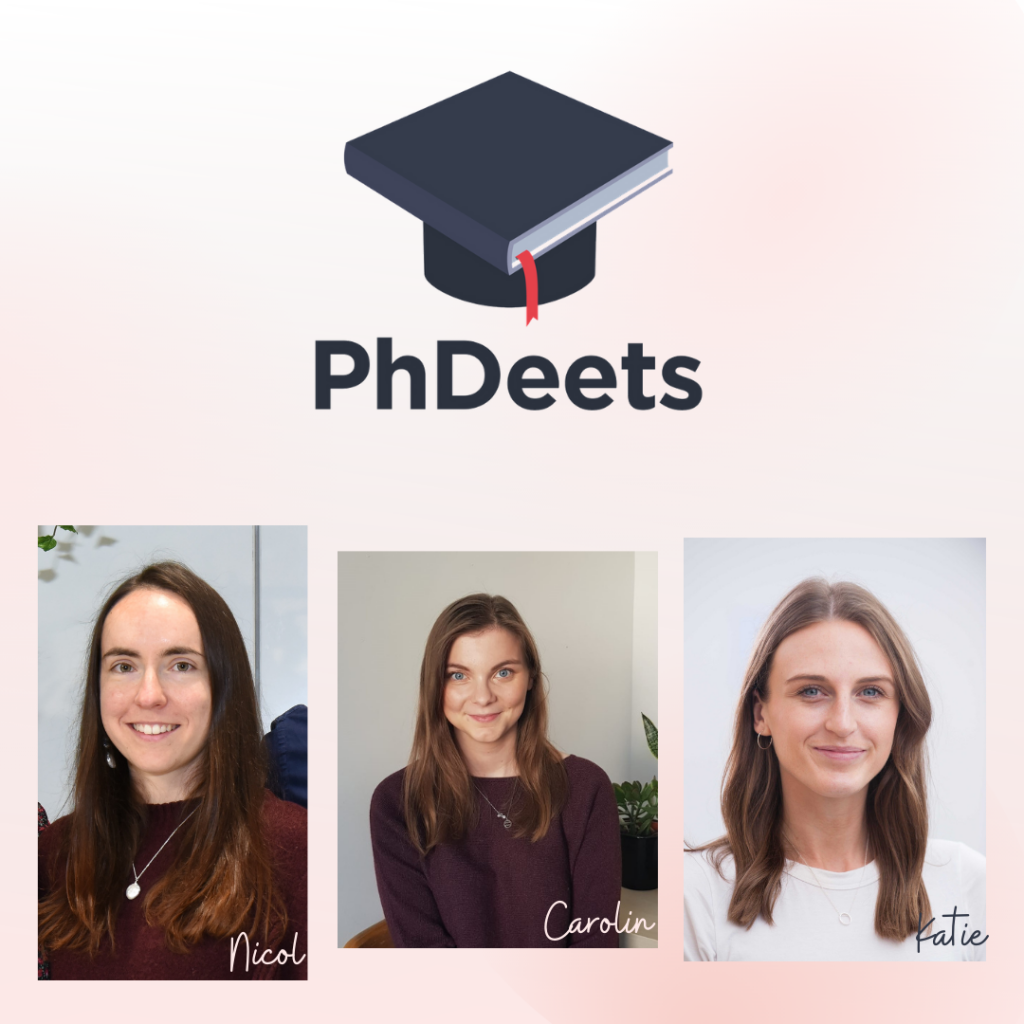

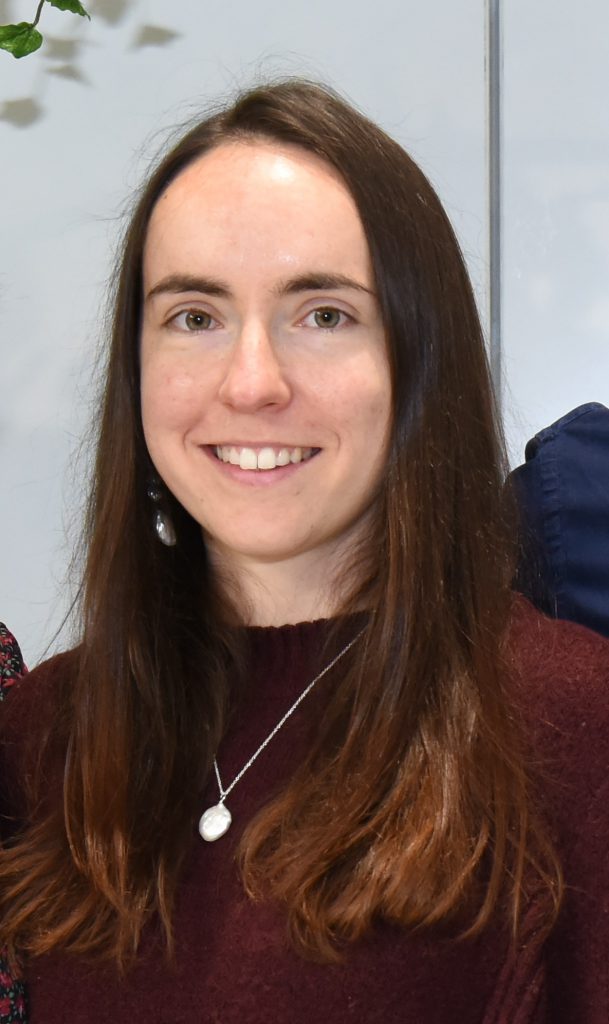
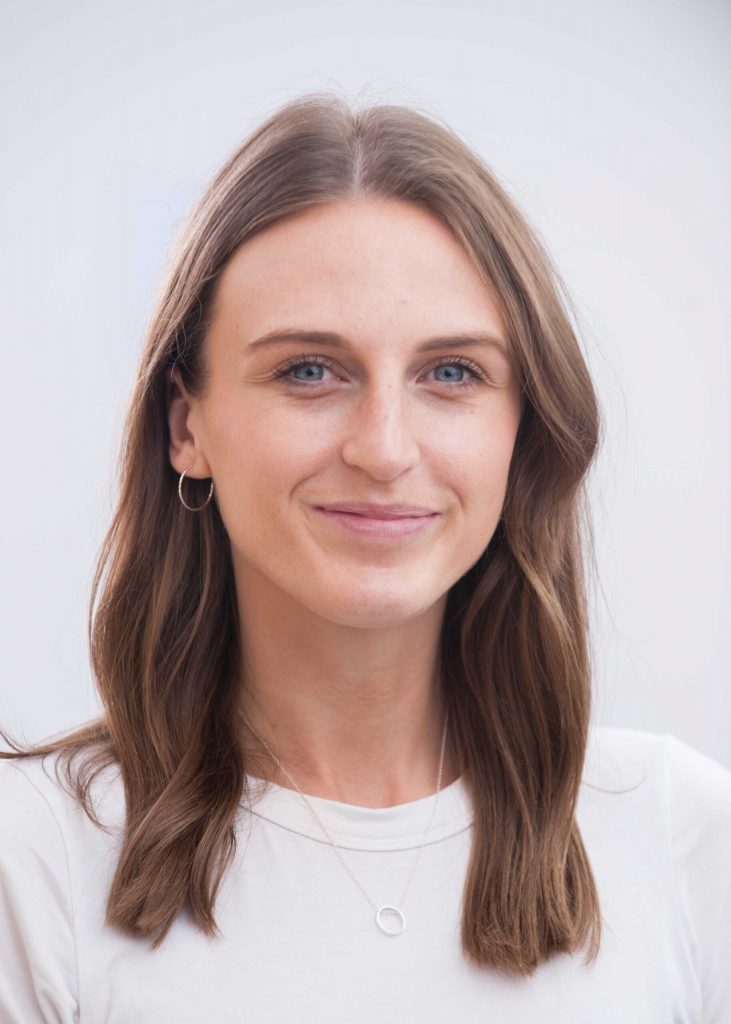

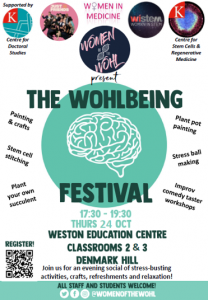
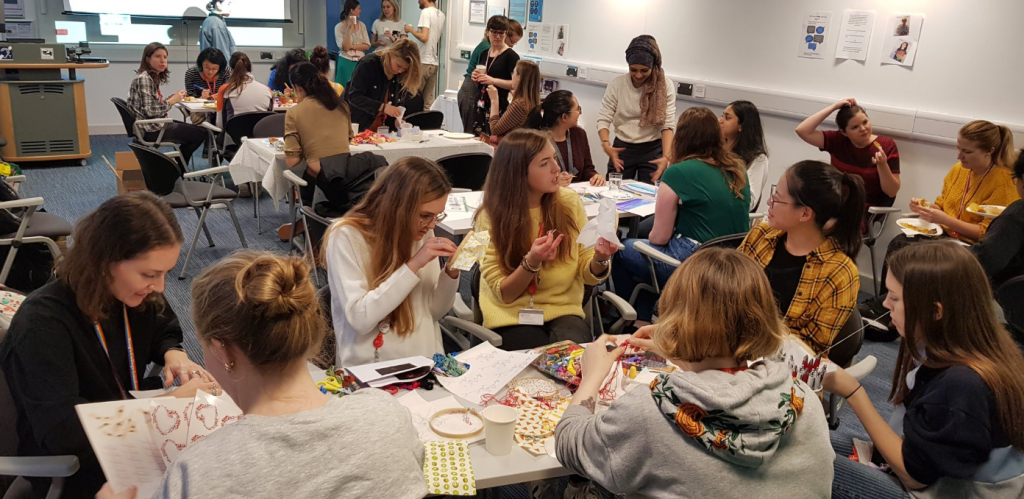 The organisers took the time to join in and chat to attendees, several of whom commented that they had come to the event alone but that the friendly, welcoming atmosphere meant that they were able to just pull up a chair and start chatting comfortably with people they’d never met while doing the activities.
The organisers took the time to join in and chat to attendees, several of whom commented that they had come to the event alone but that the friendly, welcoming atmosphere meant that they were able to just pull up a chair and start chatting comfortably with people they’d never met while doing the activities.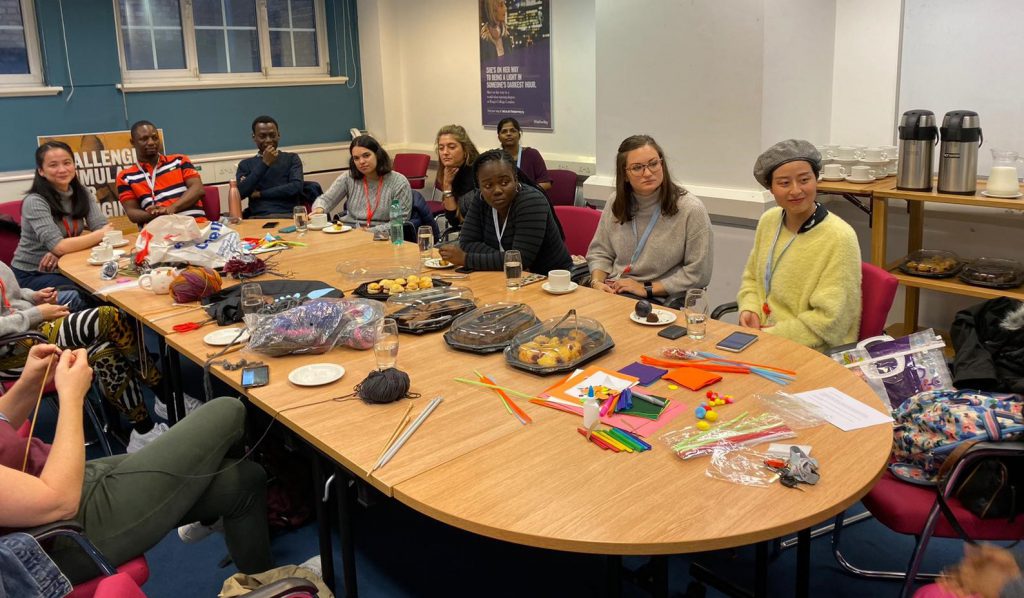 We supplied craft materials and participants were encouraged to bring their own creative projects: we had knitters, headpieces, and some creative paper crafts. Some people came just to enjoy the atmosphere. It was a fun chance to get together and for people to ask about issues with coding, writing, or simply navigating the faculty. We had a great time and hope to host more events like this in the future!
We supplied craft materials and participants were encouraged to bring their own creative projects: we had knitters, headpieces, and some creative paper crafts. Some people came just to enjoy the atmosphere. It was a fun chance to get together and for people to ask about issues with coding, writing, or simply navigating the faculty. We had a great time and hope to host more events like this in the future!